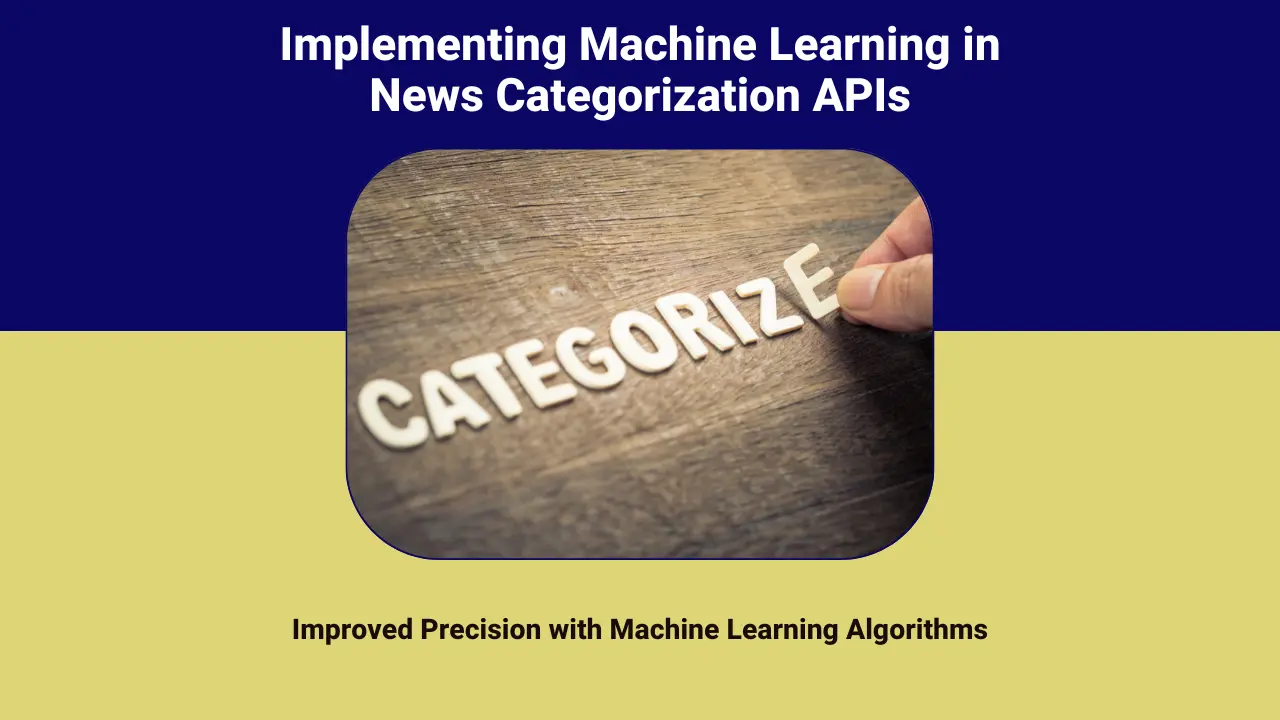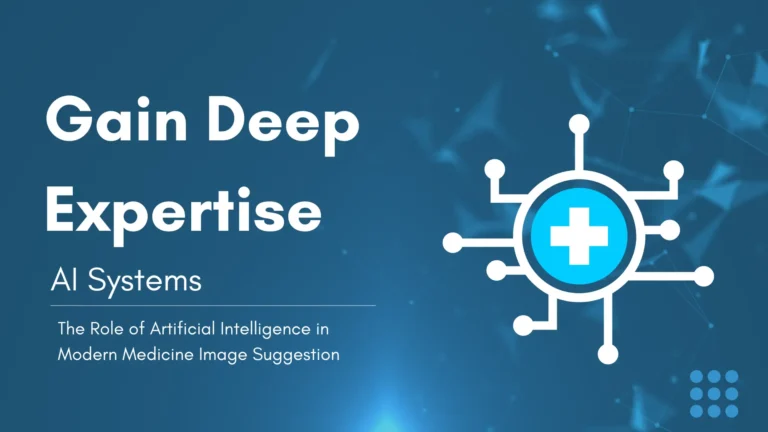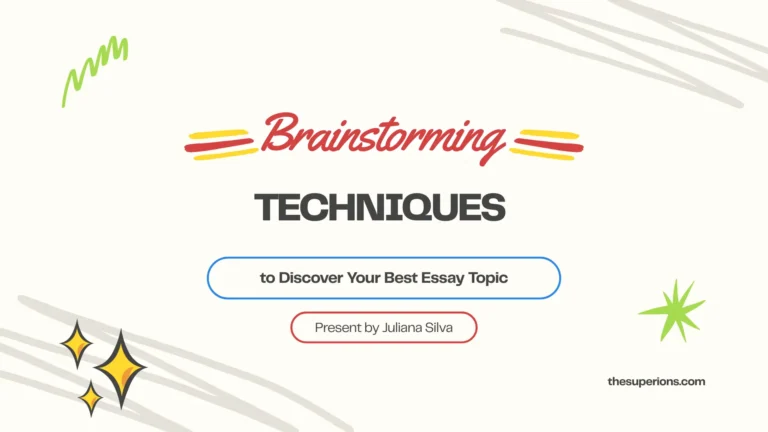Implementing Machine Learning in News Categorization APIs
The use of machine learning has transformed how we engage with technology and the vast pool of data. A notable area where machine learning algorithms have excelled is in news categorization APIs. These systems leverage intelligence to classify news articles into categories, making it easier for users to access relevant information efficiently. In this post, we will delve into the advantages of integrating machine learning into news categorization APIs and how they can improve the user experience.

Improved Precision with Machine Learning Algorithms
A benefit of integrating machine learning algorithms into the news categorization API is the enhanced accuracy in classifying articles. Traditional rule-based methods often need help handling text volumes and accurately assigning categories. In contrast, machine learning algorithms are crafted to analyze datasets, recognize patterns, and make predictions based on the gathered information.
As these algorithms process articles over time, their accuracy improves through learning and adjustment. This leads to increased confidence when categorizing articles under topics, ensuring users receive pertinent information tailored to their preferences.
People Also Read?
Streamlined Categorization Process
Manually sorting through a number of news articles can be a task that demands substantial time and energy. By incorporating machine learning capabilities, the process can be effectively automated. Training the algorithm involves using labeled data, which consists of articles categorized manually by humans. This process helps the API enhance its understanding of different article features related to topics or categories.
Once the algorithm is trained, it can quickly analyze a range of news articles and assign them to relevant categories accurately. This automation reduces the need for intervention, leading to increased productivity for businesses that rely on efficient information retrieval methods.
Versatility in Multiple Languages
In today’s world, businesses often need support to reach diverse audiences worldwide. News categorization APIs powered by machine learning can seamlessly handle languages. By incorporating natural language processing techniques, these systems can identify language characteristics and subtleties with precision, ensuring accurate categorization across different languages.
The flexibility provided by these tools is especially beneficial for news aggregation platforms serving an audience. Regardless of the language in which articles are written, machine learning algorithms can effectively classify them, enabling an inclusive user experience.
Continuous Improvement through Feedback Mechanisms
One key strength of machine learning models is their ability to learn and improve continuously through feedback mechanisms. By integrating news categorization APIs with feedback features, users are encouraged to provide input on category accuracy, facilitating enhancement and refinement of performance. Users have the ability to suggest improvements or fixes in the classification process, encouraging engagement and refining algorithms over time.
Through this self-correcting loop, machine learning algorithms develop to offer article categorizations. As users actively share their insights on misclassifications or gaps in the categorization system, the API becomes more sophisticated and adaptable to user needs.
Utilization in Personalized Recommendations
In today’s world, with a plethora of news sources, readers often seek personalized recommendations tailored to their preferences. News categorization APIs integrated with machine learning technology provide personalization features based on analyzing user behavior.
By studying users’ reading habits and interactions with categories, these systems can smartly suggest content that matches individual preferences. This personalized approach enhances user experience and boosts user loyalty for platforms.
People Also Read?
Enhancing Knowledge through Topic Modeling
An advantage of incorporating machine learning in news categorization APIs is the capability for topic modeling. Topic modeling is a method that identifies themes within a set of documents, like news articles. By utilizing machine learning algorithms, these APIs can autonomously extract topics and related keywords from text. Topic modeling integrated into news categorization APIs enables users to explore themes and easily access articles on areas of interest like politics, sports, or technology. This feature empowers users to navigate through content efficiently, enhancing their ability to stay informed about events and developments.
Addressing Ethical Concerns in News Categorization
While machine learning offers advantages to news categorization APIs, it is essential to consider ethical issues that may arise. Algorithms trained on datasets can unintentionally perpetuate biases in the data sources. These biases might lead to articles favoring specific viewpoints, potentially affecting the diversity and objectivity of information provided to users.
To address this challenge, developers need to implement measures that promote fairness and combat bias within these algorithms. This involves using training datasets, conducting audits for bias detection, and continuously assessing and enhancing models for better accuracy and fairness. By tackling concerns about news categorization, APIs can offer unbiased information access for all users.
People Also Read?
Conclusion
The integration of machine learning algorithms into news categorization APIs brings improvements in classification accuracy, efficiency, multilingual support, and continuous enhancement processes through feedback loops as well as personalized recommendations.
The advantages lead to increased efficiency for companies that depend on news gathering while also offering a user experience for individuals looking for customized information that suits their needs.





